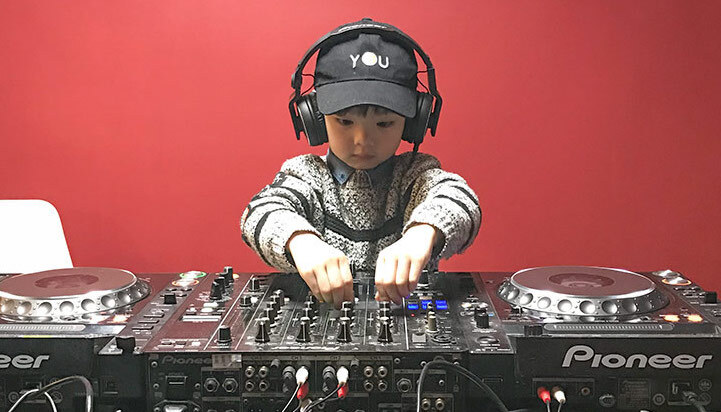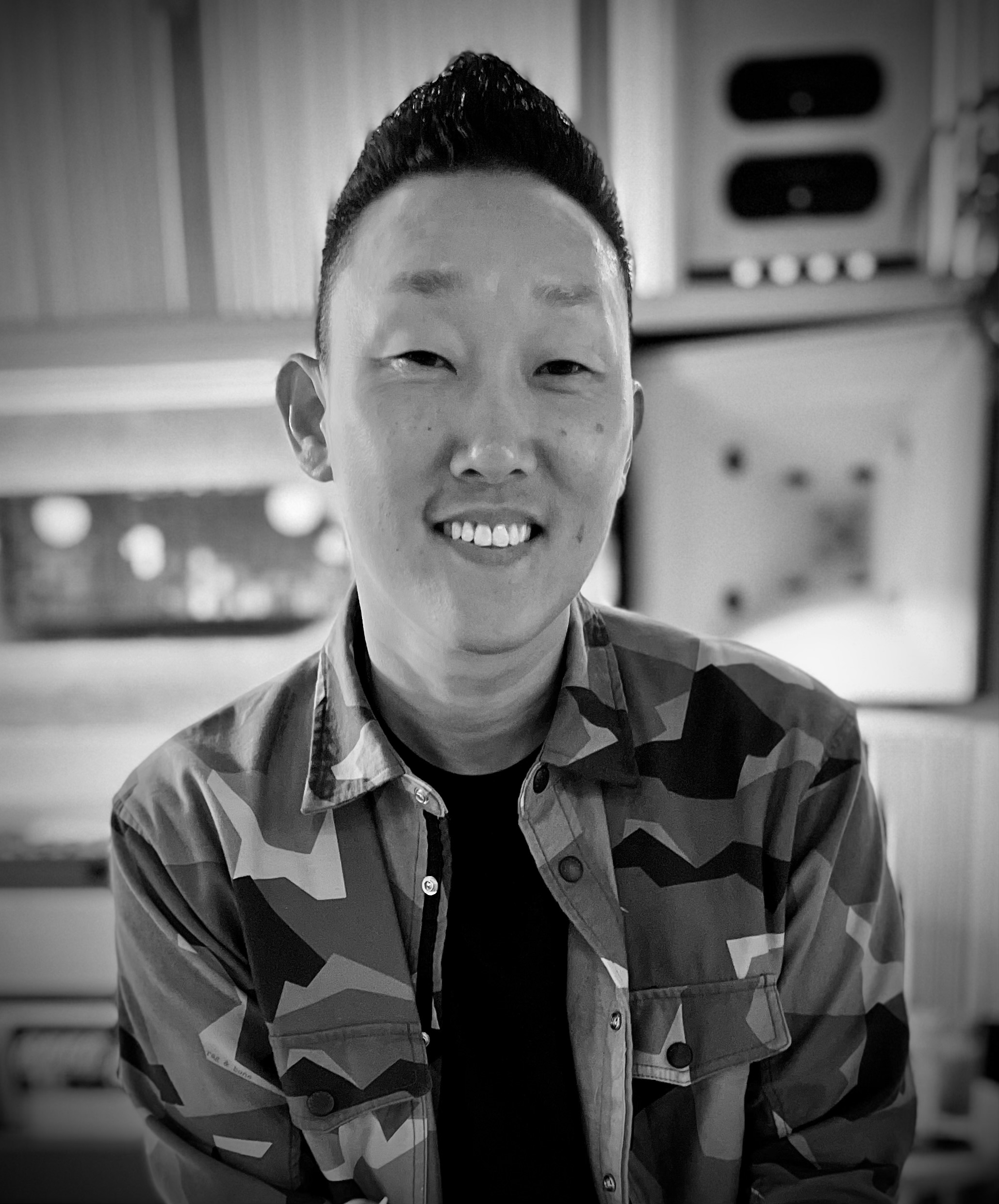The Gift of Feedback
Aug 12, 2025As an artist, I know none of my ideas are truly original. Everything I create is shaped by what I’ve seen, heard, and experienced in the world. What makes my work unique is not the materials or the techniques, it’s my personal experiences and the story I tell through them.
Rick Rubin, in his book The Creative Act, reminds us: “Nothing begins with us. It’s a collaboration with everything that comes before and everything after.” That’s true whether we’re making art or building a business. The best work happens when we let other voices shape it.
Putting our work into the world requires vulnerability. We open ourselves to judgment and critique, and it’s always uncomfortable. But every time we face that discomfort and keep going, we build the resilience to listen, even when feedback challenges us.
Early in my career, I developed an ambitious concept for a client, something I was confident checked every box they were looking for. When I shared it their response caught me off guard: “It’s beautiful, but something’s missing.”
I was confused and frustrated. I had poured myself into the design and every choice had a reason and purpose. It felt like they were second-guessing my creativity. But after sitting with their words, I realized they weren’t telling me how to change the work, they were expressing a feeling that was missing.
The concept was strong in form, but it lacked a story to anchor it. Without a narrative there was no deeper reason for people to connect or care. Once I built that story the experience came alive. The client hadn’t dictated the solution, but their observation opened the door to a better result than I could have achieved on my own.
It makes me think of when I used to DJ house parties and weddings for friends. As a music lover and curator, I believed I knew what was best for my audience. I’d get annoyed when people made requests, especially if it was a popular song I thought was too basic. Looking back I realize I was playing music for myself, not for the people in the room. I was casting judgment on my audience rather than creating an environment that we could enjoy together. That is not the making of a good DJ.

The best DJs know it’s a relationship. They build trust with their audience by giving them what they want, and once that trust is there, they earn the right to introduce something new. It’s the same dynamic I had missed as a DJ and had to relearn as a creator: if you’re not paying attention to your audience, you’re only performing for yourself.
I’ve carried these experiences into every client relationship and business decision since. Customers can’t always articulate what’s wrong or missing from what you’re giving them. It’s on us to listen beyond their words, dig deeper, and uncover the real need behind their feedback. That’s where collaboration shows its true value. It’s not just about hearing opinions, but interpreting them in a way that strengthens the work.
As business owners, we’re often positioned as the authority and the one with the answers. But when we create space for dialogue, we uncover perspectives we can’t reach alone. If we truly listen to our customers they will reveal what they need most, even if they can’t say it directly. That knowledge can transform our work.
Collaboration isn’t about giving up control. It’s about letting others help us see what we can’t, so the end result is stronger, more complete, and more deeply connected to the people it’s meant to serve.
This week, share something you’re working on with someone outside your usual circle. Resist the urge to defend it. Listen closely, not just to their words, but to what they might be trying to express. You may discover that the next step forward has been waiting in someone else’s perspective all along.

